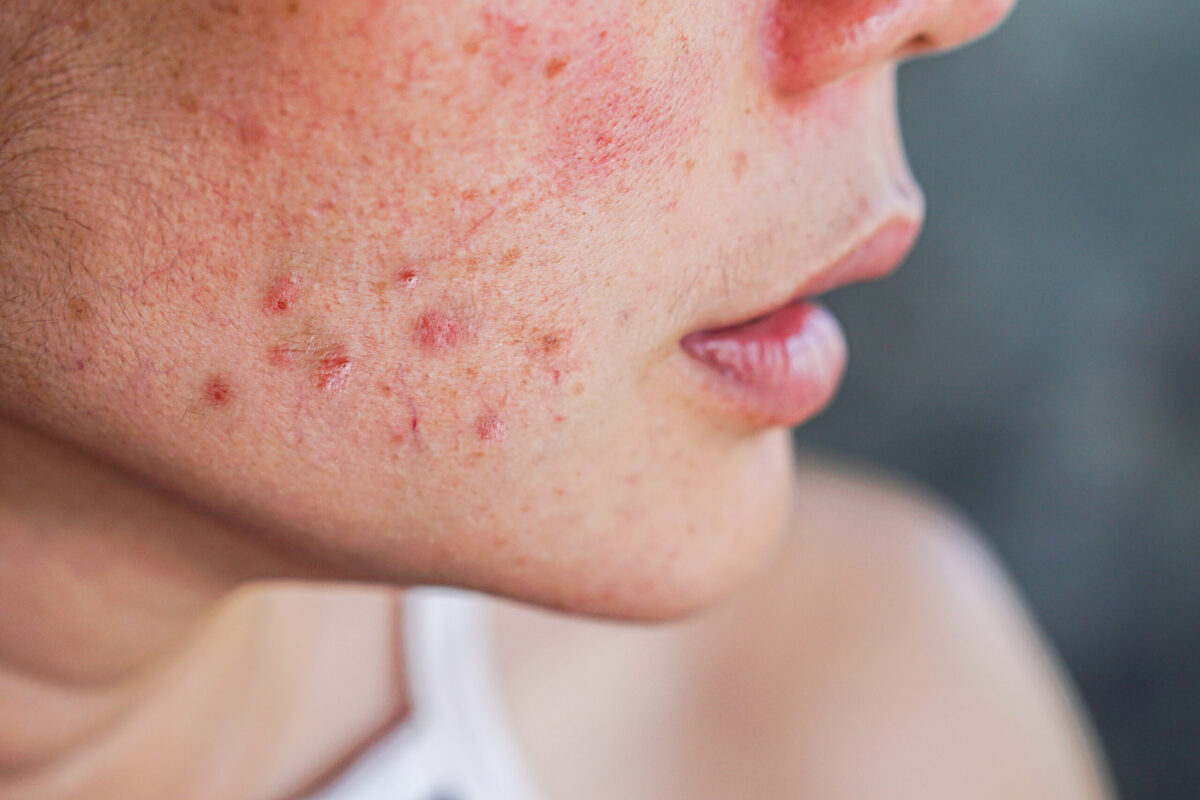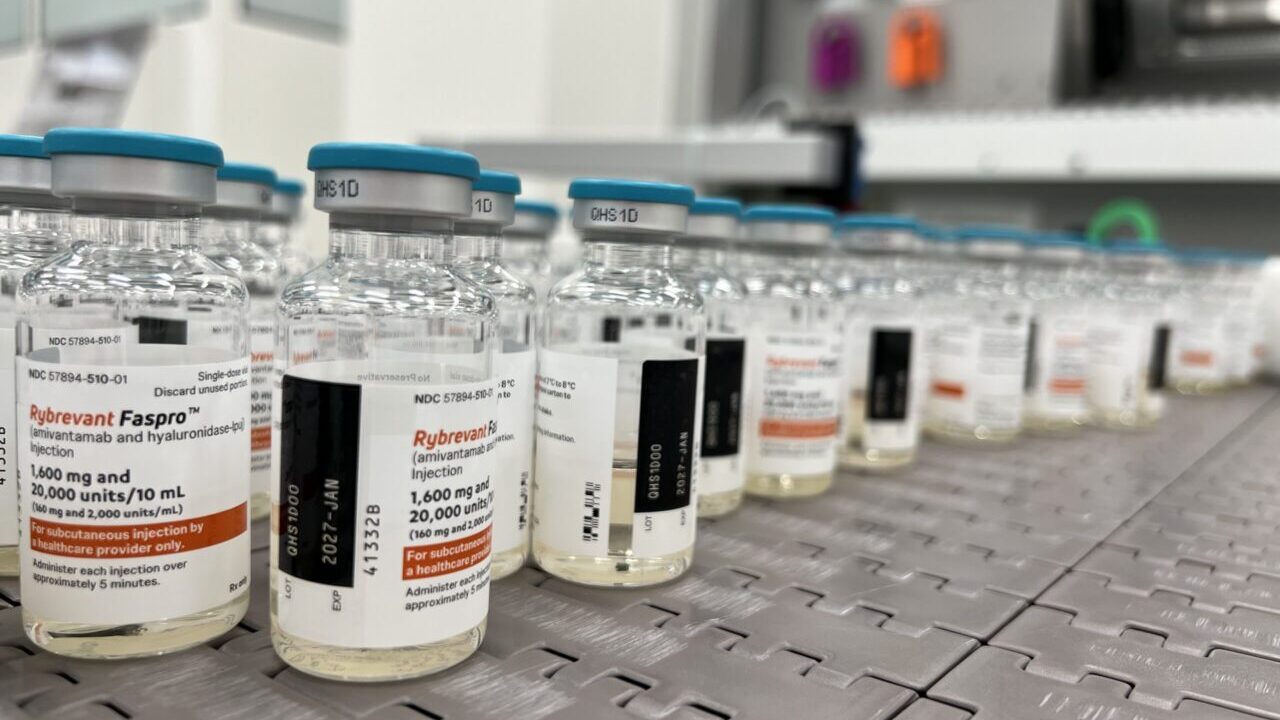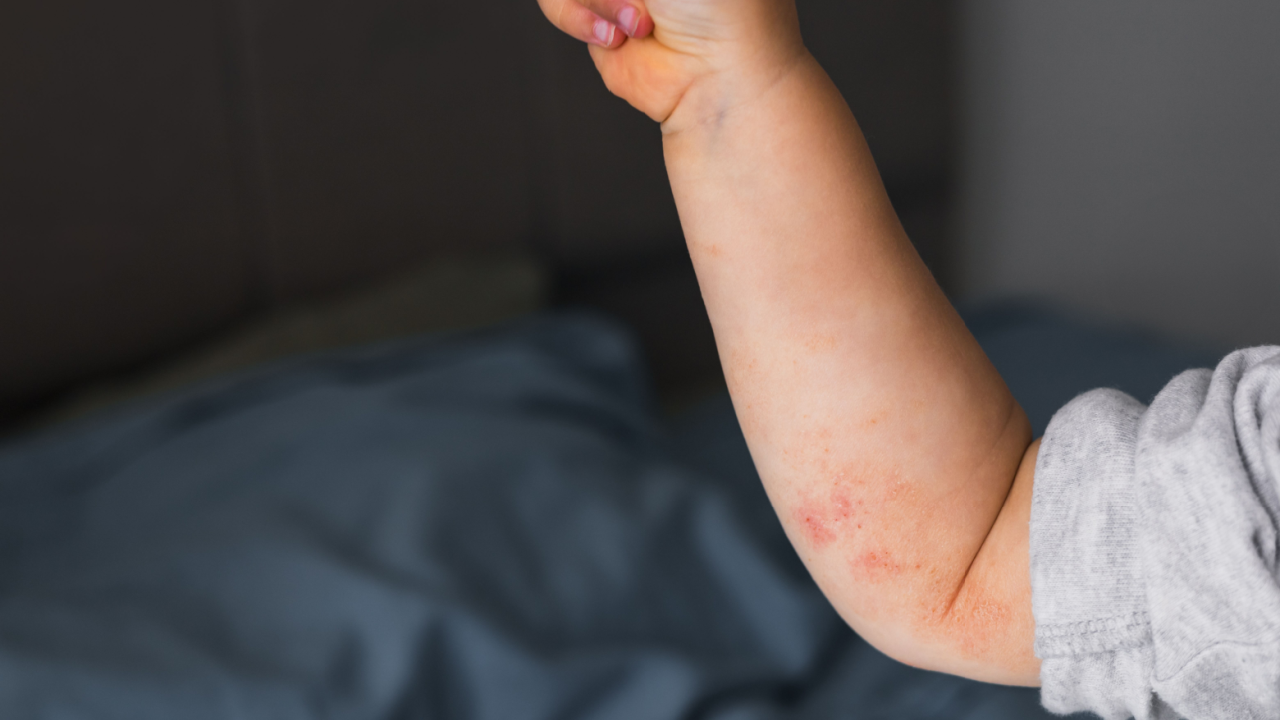Pfizer Inc. (NYSE: PFE) and BioNTech SE (Nasdaq: BNTX) announced the very first results from a pivotal trial being conducted for their COVID-19 vaccine for children on Monday. The results showed that the vaccine was safe, well-tolerated and produced robust neutralizing antibody responses in children five to 11 years old. Results for children under the age of five are expected later this year.
The results come from a Phase II/III trial involving children five to 11 years of age who were administered two 10 µg doses of the vaccine 21 days apart, a lower dose than the 30 µg dose used for individuals 12 and older.
Despite the smaller dose, the antibody responses in the participants given 10 µg doses were comparable to those in a previous Pfizer/BioNTech study in participants 16 to 25 years of age immunized with 30 µg doses.
Pfizer and BioNTech say the 10 µg dose was carefully selected as the preferred dose for safety, tolerability and immunogenicity in children five to 11 years of age. Such de-escalation dose studies are typical in pediatric trials. These are the first results from a pivotal trial of a COVID-19 vaccine for kids in this age group. Moderna is also currently evaluating its mRNA vaccine in children under 12.
Related: FDA Authorizes COVID-19 Vaccine Boosters for Immunocompromised Individuals
The Pfizer/BioNTech Phase II/III trial has been enrolling children six months to 11 years of age, and the first round of data comes from 2,268 participants between the ages of five and 11 years who received a two-dose schedule of 10 µg doses of the vaccine.
Results showed that the SARS-CoV-2–neutralizing antibody geometric mean titer (GMT) was 1,197.6 one month after administration of the second dose, which indicates a strong immune response. This was non-inferior, or comparable, to the GMT of 1146.5 from participants ages 16 to 25 years old; this cohort was administered a two-dose regimen of 30 µg and was used as the control group for the analysis.
The COVID-19 vaccine was well tolerated in this pediatric group and side effects were generally similar to those observed in participants 16 to 25 years of age.
Pfizer and BioNTech say they plan to promptly share the data with the US Food and Drug Administration (FDA), European Medicines Agency (EMA) and other regulators. In the US, the companies expect to submit the preliminary data in a near-term submission for Emergency Use Authorization (EUA) as they continue to collect the safety and efficacy data needed to file for full FDA approval in this age group.
Data from the other two age cohorts in the trial — children two to five years of age and children six months to two years of age — could come as soon as the fourth quarter of this year, according to the news release from the companies.
How Open Are Parents to Vaccinating Their Young Children?
With kids back in school, many parents have been concerned about the health and safety of their younger kids who are currently not eligible for COVID-19 immunizations. While some are eager for their children to be vaccinated, others are more hesitant.
On the topic of COVID-19 vaccines for younger children between the ages of five and 11 years, survey data from the Kaiser Family Foundation (KFF) COVID-19 Vaccine Monitor from August shows that about one quarter (26 percent) of parents with children between the ages of five and 11 years old want to have their young kids vaccinated “right away” as soon as a vaccine is authorized for their age group, while 40 percent of parents say they will “wait and see.” According to the survey data, nine percent of parents would vaccinate their young child only if required by schools and one quarter (25 percent) responded that they will “definitely not” immunize their young children. The data is similar for parents with children under the age of five, with 30 percent of parents saying they will “definitely not” vaccinate their young kids.
Parents’ vaccination status also factors into decisions to vaccinate their children, as does ethnicity and political affiliation. Unvaccinated parents are most opposed to vaccinating their kids (between 12 and 17 years old), with 69 percent saying they will “definitely not” have their kids vaccinated compared to nine percent saying the same among vaccinated parents; and 22 percent of unvaccinated parents plan to “wait and see” compared to 23 percent of vaccinated parents.
According to poll results from June, among vaccinated parents with children under the age of 12, approximately half (48 percent) said they would take their younger child to get a shot as soon as there is authorization for vaccination for their age group compared to only four percent of parents who are not vaccinated. And 48 percent of unvaccinated parents say they would “definitely not” take their young children to get a shot compared with seven percent among vaccinated parents.
By partisanship, 45 percent of Democrats and Democratic-leaning parents of children under age 12 say they will get their child vaccinated “right away,” while about the same proportion (46 percent) of Republicans and Republican-leaning independents say they will “definitely not” get their young child vaccinated.
While similar proportions of Hispanic and White parents say they will vaccinate their child under age 12 as soon as a vaccine is authorized, a larger segment of Hispanic parents (47 percent) than White parents (25 percent) say they will “wait and see” but a smaller share say they will “definitely not” get the vaccine for their child (12 percent vs. 32 percent). The sample size of Black respondents with younger children was too small to report separately, according to KFF.
Concerns and Vaccine Hesitancy
Some of the concerns around COVID-19 vaccines that parents of adolescents and young children cite include side effects, not knowing enough about the long-term effects of the vaccine, potential impact on fertility, need for taking time off work to get their kid(s) vaccinated and difficulty travelling to a place to get the vaccine, among others.
Interestingly though, hesitancy over the COVID-19 vaccines doesn’t appear to relate to childhood vaccinations in general, as 90 percent of those polled by KFF say they keep their child up-to-date on other vaccines like those against measles, mumps and rubella. Among parents who take their kids for these other immunizations, only 43 percent said their child (between the ages of 12 and 17 years) had received a COVID-19 vaccination.
Furthermore, there appeared to be a correlation between the COVID-19 and flu vaccines, with 57 percent of parents whose kids get a flu shot say their child has gotten a COVID-19 shot compared to less than half (25 percent) of parents whose children do not get a flu shot.
With authorizations and approvals of COVID-19 vaccines getting closer for younger children, it remains to be seen how such survey data will translate into real-world vaccine uptake among parents of young children. And especially as states and cities across the US continue to grapple with mask and vaccine mandates in schools.












Join or login to leave a comment
JOIN LOGIN